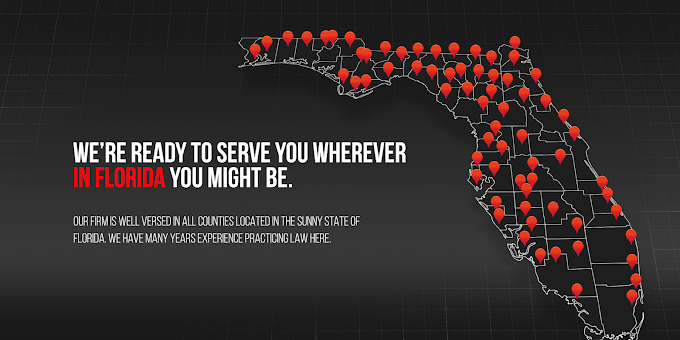






Expungement of a criminal record is a crucial legal process that many individuals seek, especially in Florida, to ensure their past mistakes don’t hinder their future opportunities. This guide will delve into the intricate process on how to get a felony expunged in Florida, shedding light on the steps involved and the nuances of the state’s expungement laws.
Knowing how to navigate this process can impact one’s life, providing a fresh start and renewed opportunities. Let’s explore how individuals can pursue felony expungement and clear their felony records in Florida.
Expungement is a legal process in which a court erases a person’s criminal record from public view, making it invisible during background checks. It involves the removal of past offenses, providing a fresh start and the opportunity to rebuild and refresh one’s life without the mark of a criminal record.

People seek felony expungement for various reasons:
Suggested Article: 5 Degrees of Felonies in Florida
So, how can you get a felony off your record? To be eligible for expunging a felony criminal record in Florida, certain criteria must be met:

Also Read: How Long Does A Felony Stay on Your Record in Florida?
The expungement of criminal records presents individuals with an invaluable opportunity to pursue their futures unencumbered by the weight of past mistakes.
In Florida, this process entails a series of crucial steps delineated by the Florida Department of Law Enforcement (FDLE). Here’s how to get a felony expunged in florida:

The initial step in the expungement process is obtaining and completing the Application for Certification of Eligibility provided by the Florida Department of Law Enforcement (FDLE). The application, which can be found on the FDLE website, must be notarized and completed thoroughly.
Once the application is completed, it must be submitted to the State Attorney’s Office in the county where the individual was charged. Submission can be done either by mail or in person; electronic copies are not accepted. The State Attorney’s Office will process the application, a procedure that may take a few weeks.
Upon completion of the State Attorney’s part of the application, it is then submitted to the Florida Department of Law Enforcement (FDLE). Ensuring that all required documents are included per the Application’s Checklist and Instructions is crucial. If the application is successful, FDLE will issue a “Certificate of Eligibility.”
With the “Certificate of Eligibility” in hand, the individual must proceed to complete a “Petition and Affidavit to Expunge.” This petition, specific to the county where the matter occurred, must be filled out accurately and in accordance with legal requirements.
After completing the petition, the original document and the “Certificate of Eligibility” are filed with the Clerk of the Court in the county where the matter occurred. Copies of these documents must also be submitted to the State Attorney’s Office in the respective county.
As you might be interested: How Long Can A Felony Charge Be Pending in Florida?
The expungement cost in Florida varies depending on various factors, including legal fees and court expenses. Consulting with Felony Expungement Lawyers can clarify the total expenses involved and answer “can a felony be expunged?”
Certain felonies, such as non-violent offenses and cases resulting in acquittals or dismissals, may be eligible for expungement in Florida. However, eligibility criteria vary; consulting with legal experts is essential to determine eligibility. You may ask: can you get a felony expunged?
Expunged records generally do not appear on standard background checks or fingerprinting conducted for employment or other purposes. However, certain agencies or law enforcement entities may have access to expunged records under certain circumstances.
The waiting period in expunging a felony in Florida varies depending on the nature of the offense and other factors. Generally, individuals must wait a certain period after completing their sentence and meet other eligibility criteria before pursuing expungement.

























